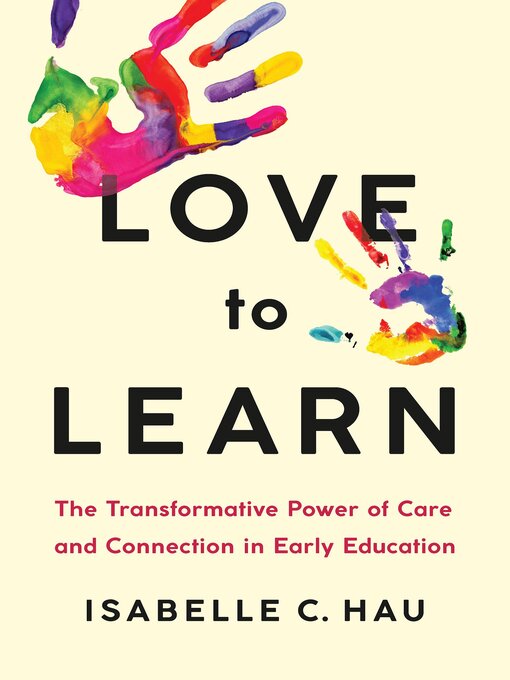Early relationships are the key to healthy brain development, resilience, and lifelong flourishing. Children need to be loved, to be valued, to interact, and to be listened to. When children have the space and time to play and explore through nurturing positive relationships, then children learn. But loving relationships are precisely what so many children are missing, and modern factors are making it more difficult for children to build these necessary bonds.
This hope-filled book seeks to change how we raise our children, how we run early learning environments, and how we construct care-full communities. It aims to inspire and engage readers, catalyze new solutions, and in doing so, change our understanding of childhood itself.

